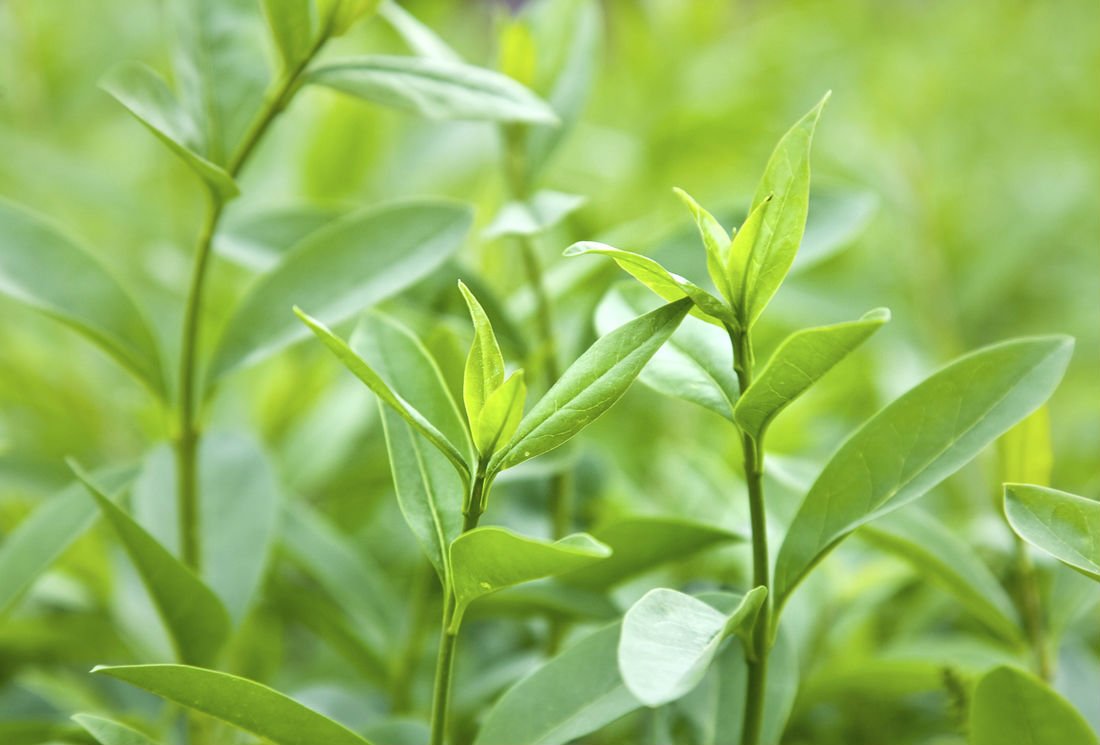Fernando Cardonaa b, Cristina Andrés-Lacuevac d, Sara Tulipania e, Francisco J. Tinahones b e,
María Isabel Queipo-Ortuñoa b
a Laboratorio de Investigaciones Biomédicas del Hospital Virgen de la Victoria (FIMABIS), Málaga, Spain
b CIBER de Fisiopatología de la Obesidad y Nutrición (CIBEROBN), Instituto de Salud Carlos III, Spain
c Department of Nutrition and Food Science, XaRTA, INSA, Faculty of Pharmacy, University of Barcelona, Barcelona, Spain
d INGENIO-CONSOLIDER Program, Fun-c-food CSD2007-06, Barcelona, Spain
e Servicio Endocrinología y Nutrición del Hospital Virgen de la Victoria, Málaga, Spain
ABSTRACT
The biological properties of dietary polyphenols are greatly dependent on their bioavailability that, in turn, is largely influenced by their degree of polymerization. The gut microbiota play a key role in modulating the production, bioavailability and, thus, the biological activities of phenolic metabolites, particularly after the intake of food containing high-molecular-weight polyphenols. In addition, evidence is emerging on the activity of dietary polyphenols on the modulation of the colonic microbial population composition or activity. However, although the great range of health-promoting activities of dietary polyphenols has been widely investigated, their effect on the modulation of the gut ecology and the two-way relationship “polyphenols↔microbiota” are still poorly understood.
Only a few studies have examined the impact of dietary polyphenols on the human gut microbiota, and most were focused on single polyphenol molecules and selected bacterial populations. This review focuses on the reciprocal interactions between the gut microbiota and polyphenols, the mechanisms of action and the consequences of these interactions on human health.
© 2013 Elsevier Inc. All rights reserved.
CONCLUSION
The bioavailability and effects of polyphenols greatly depend on their transformation by components of the gut microbiota. Different studies have been carried out to understand the gut microbiota transformation of particular polyphenol types and identify the microorganisms responsible. The modulation of the gut microbial population by phenolics was also reviewed in order to understand the two-way phenolic-microbiota interaction. It is clear that dietary polyphenols and their metabolites contribute to the maintenance of gut health by the modulation of the gut microbial balance through the stimulation of the growth of beneficial bacteria and the inhibition of pathogen bacteria, exerting prebiotic-like effects. However, data on the impact of polyphenols on the gut microbiota and their mechanisms of action in humans are scarce. In addition, a better understanding of the dietary phenolic and gut microbiota relationship by the combination of metagenomic and metabolomic studies provides more insight into the health effects of polyphenols.
Les produits associés à cet article :
Lire aussi sur le même thème

Thé au lait : idées de recettes faciles
Originaire d’inde, le thé au lait, communément appelé chaï, est une boisson chaude préparée en mélangeant du thé et du lait chaud sucré, le tout agrémenté d’un mélange ...

Offrez un calendrier de l’avent de thé à un homme !
Alors que les jours raccourcissent et que l’air se refroidit de plus en plus, décembre apporte avec lui une douce magie. Qui dit fête de fin d’année, dit l’occasion de ...


